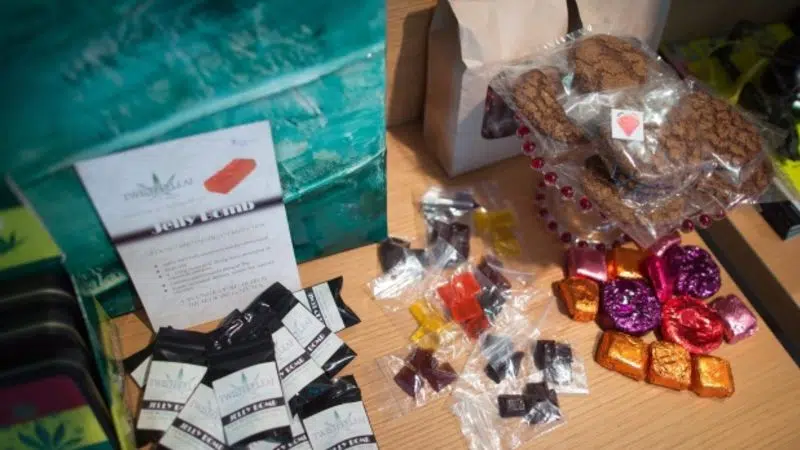
Concerns raised over cannabis and youth
The effects of cannabis on developing minds are a major issue for the Schizophrenia Society of Canada (SSC), and in particular a looming deadline in Canada’s move towards further legalization.
The recreational use of products such as cannabis edibles, extracts and topical products are set to be legalized in October.
CEO of SSC, Dr. Chris Summerville, said increased use of products containing cannabis could increase the risks of psychosis. He added that anyone under 25 is at higher risk as their brain is still developing, but a key area of concern is youths between the ages of 15 to 19.


